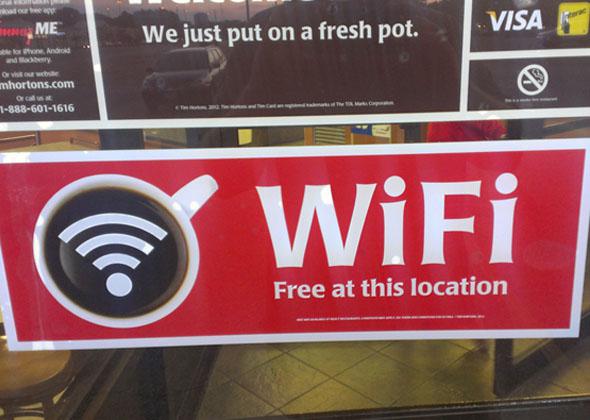When the D.C. Circuit Court of Appeals struck down the FCC’s net neutrality rule last week, many observers were concerned, while others figured it was probably a good time to actually learn what net neutrality is. But there’s more to the issue than what’s going on in the United States—and things are even more alarming abroad.
In developing countries where wired Internet access and/or Wi-Fi is rare in homes and even offices, there isn’t the feeling of Internet ubiquity that exists in the United States, except through smartphones. Together smartphones and wireless data plans provide a more accessible way for people to get online. But wireless data plans can be prohibitively expensive, so a handful of large companies (namely Google and Facebook) have begun offering free access to some of their services in certain countries.
People can get text-only versions of Gmail, the first page of a Google search, or their Facebook news feed for free through initiatives like Google Free Zone and Facebook Zero. The goal is to create an entry point and then entice users to pay for data plans so they can click links, download photos, and generally go deeper into the Internet.
As MIT Technology Review reports, the top four websites in Kenya, for example, are Google, Facebook, YouTube, and Kenyan Google. This top-four list is similar or the same in many other countries. But if Google and Facebook sites/services are the only ones people can access for free, they begin to seem like the whole Internet, not just a piece of it.
Susan Crawford, visiting professor of law at Harvard University and a co-director of Harvard’s Berkman Center for Internet & Society, told Tech Review that this is a big concern, even if users don’t realize it because they’re just happy to have access at all.
“For poorer people, Internet access will equal Facebook. That’s not the Internet—that’s being fodder for someone else’s ad-targeting business,” she said. “That’s entrenching and amplifying existing inequalities and contributing to poverty of imagination—a crucial limitation on human life.”
If small companies in the United States could have a tough time competing as a result of slack net neutrality regulations, it will certainly be true in countries where people predominantly access the Internet on smartphones through subsidized services from big companies. How could a local service compete, even if the group offered features more tailored to or potentially useful for a particular country’s population? And how can a small startup a million miles away have a chance to connect with diverse users and potentially find popularity with an unexpected user set?
For the average U.S. citizen, surfing the Internet might feel like a big Google and Facebook lovefest anyway, but the option to stray is available. There are other services, other sites, and tons of places to find criticism of big tech companies. But worldwide there are 1.4 billion smartphone users, and if many don’t have access to the full Internet and are defaulting to a scenario where net neutrality is absent, “poverty of imagination” has already become very powerful and could easily spread.
Future Tense is a partnership of Slate, New America, and Arizona State University.
